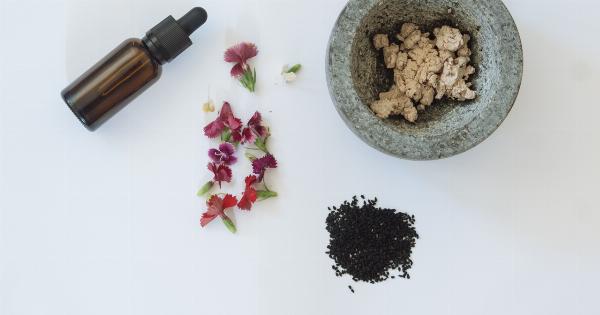Rosacea is a skin condition that causes redness and visible blood vessels in the face. It typically affects people over the age of 30, and women are more likely to develop rosacea than men.
While the exact cause of the condition is unknown, experts believe that there are several triggers that can exacerbate rosacea symptoms, including alcohol consumption.
What is Rosacea?
Rosacea is a chronic skin condition that affects the face, causing redness, flushing, visible blood vessels, and sometimes, small, red, pus-filled bumps.
In some cases, people with rosacea may also experience eye irritation and redness, known as ocular rosacea.
Rosacea affects an estimated 16 million Americans, and while there is no cure, there are a variety of treatments that can help manage the symptoms of the condition. These include topical creams and gels, oral medications, and laser therapy.
What Causes Rosacea?
The exact cause of rosacea is unknown, but experts believe it may be related to genetics and environmental factors. Some of the most common triggers include:.
- Hot weather
- Cold weather
- Spicy foods
- Stress
- Excessive sunlight exposure
- Hot baths or saunas
- Exercise
- Certain medications
- Caffeine
- Alcohol
Alcohol and Rosacea
Alcohol is a well-known trigger for rosacea symptoms, and people with rosacea are often advised to avoid or limit their alcohol consumption.
While the exact reason why alcohol exacerbates rosacea is unclear, many experts believe that it may be related to the fact that alcohol dilates blood vessels, causing increased blood flow to the face and exacerbating redness and flushing.
Furthermore, certain types of alcohol may be more likely to trigger rosacea symptoms than others. For example, red wine has been found to be a particularly potent trigger for rosacea, likely due to its high histamine content.
Other Potential Triggers
While alcohol is a common trigger for rosacea, it is not the only potential trigger. Other triggers that may exacerbate rosacea symptoms include:.
- Spicy foods and hot beverages
- Hot weather
- Sunlight
- Stress
- Certain medications
- Caffeine
- Vigorous exercise
Managing Rosacea Symptoms
If you have rosacea, it is important to take steps to manage your symptoms and avoid potential triggers. Some tips for managing rosacea include:.
- Avoiding or limiting alcohol consumption
- Avoiding spicy foods and hot beverages
- Avoiding excessive sunlight exposure
- Wearing sunscreen and protective clothing
- Using gentle skin care products
- Treating existing skin conditions, such as acne
If you experience severe rosacea symptoms, your doctor may recommend prescription medications or laser therapy to help manage your condition.
Conclusion
Rosacea is a common skin condition that affects millions of Americans, particularly women over the age of 30. While the exact cause of rosacea is unknown, experts believe that it may be related to genetics and environmental factors.
Alcohol is a well-known trigger for rosacea symptoms, and people with rosacea are often advised to avoid or limit their alcohol consumption in order to manage their symptoms. By making lifestyle changes and following a healthcare provider’s treatment plan, most people with rosacea are able to manage their condition effectively and maintain a good quality of life.




























